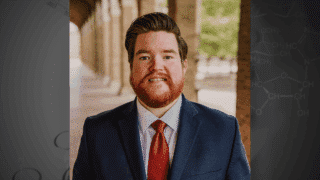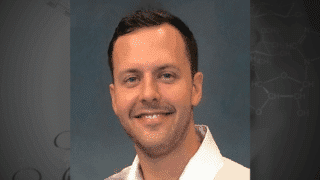BBC StoryWorks, supported by Thermo Fisher and aided by the Partnership for Clean Competition, put together a short documentary on some of the scientific technologies being leveraged to fight doping in sport.
The short film highlights the predicament of clean athletes through the story of Paralympic Powerlifter Ali Jawad, who notes how important podiums are for clean athletes–both for glory and for the opportunities for funding and sponsorship they provide.
With the challenge to athletes front and center, the video explores the role of mass spectrometry in catching drug cheats.
It notes that constantly improving technology makes doping a riskier proposition than ever, with retroactive testing now allowing for samples to be re-tested up to ten years after initial collection. Dr. Mario Thevis, a PCC-funded researcher and head of the Institute of Biochemistry, German Sport University Cologne, explains that such retroactive analysis has proven to be a game-changer for clean sport.
Thevis oversees the testing of thousands of samples a year at the Cologne lab.
Jawad points out that while new technologies mean that drug cheats could have their impropriety exposed up to ten years after competition, those technologies also allow Olympians and Paralympians have the chance to receive the medals they rightfully earned.




